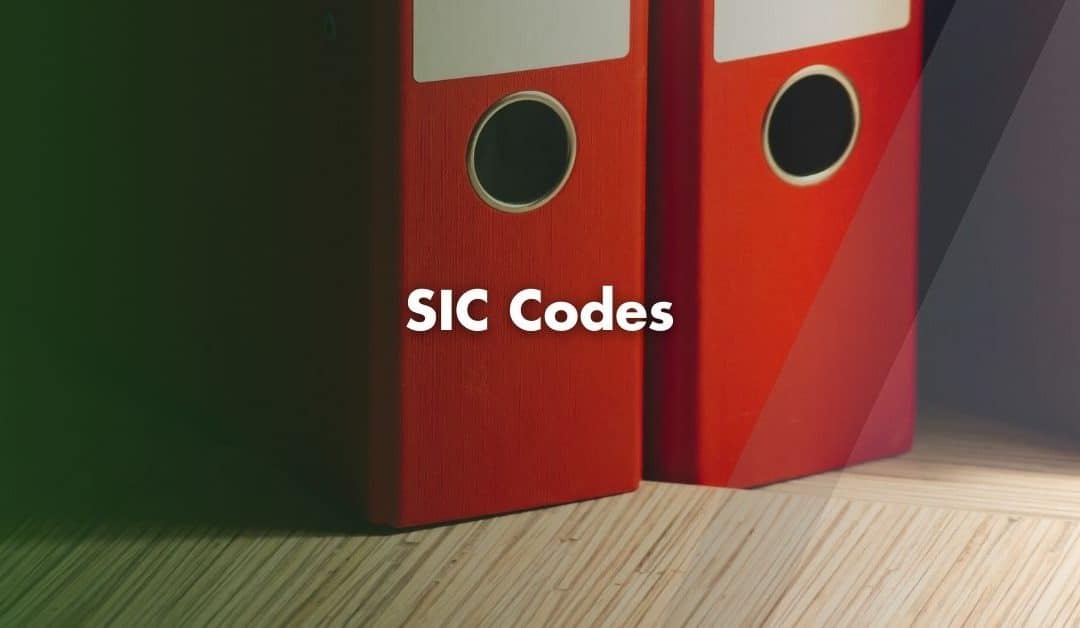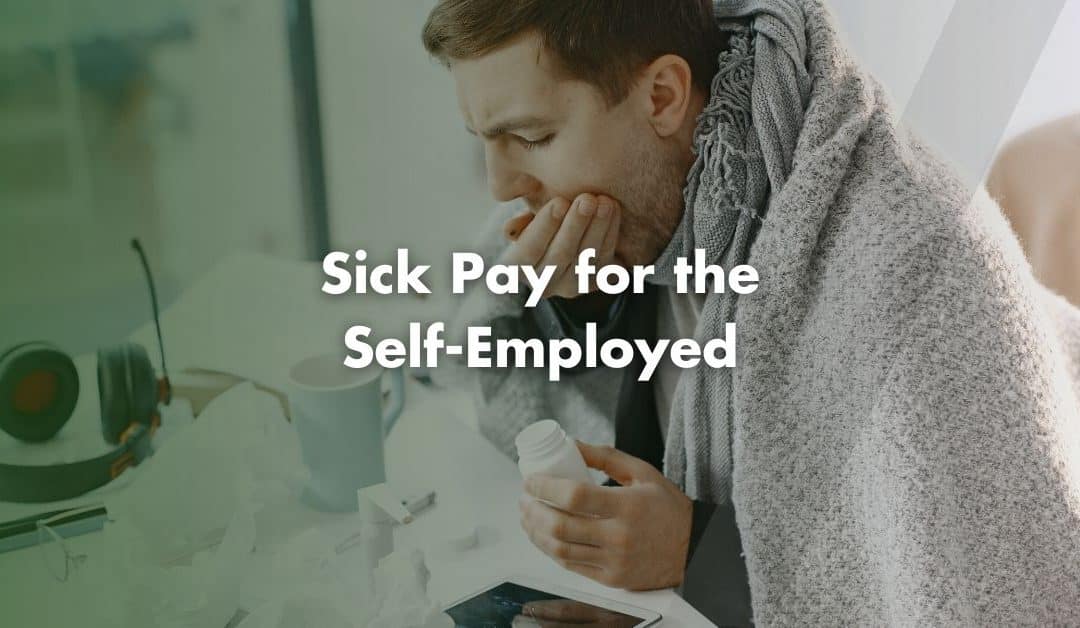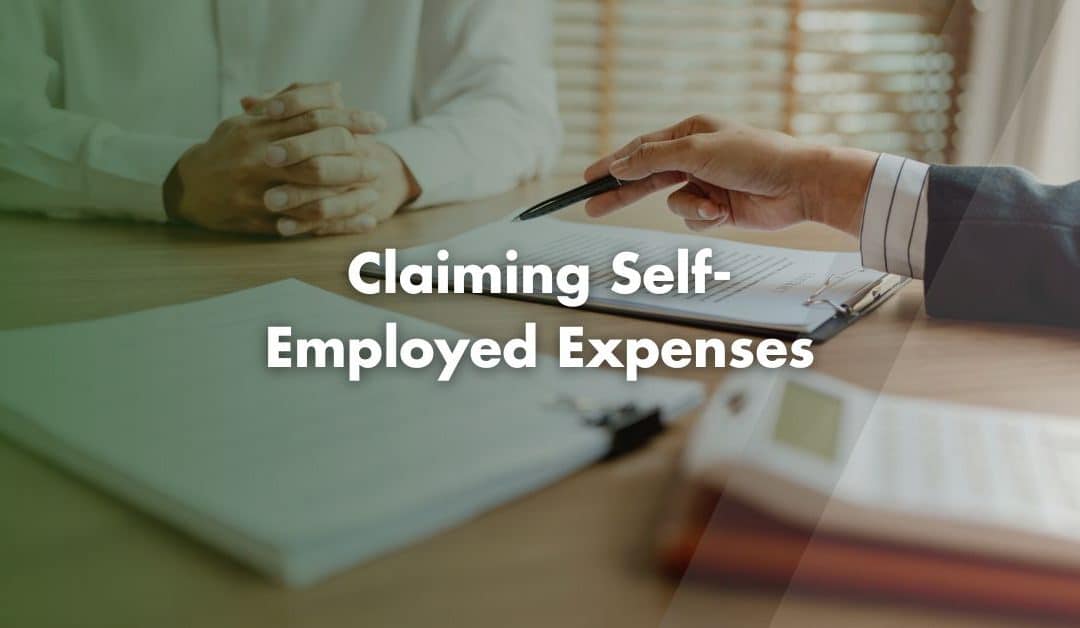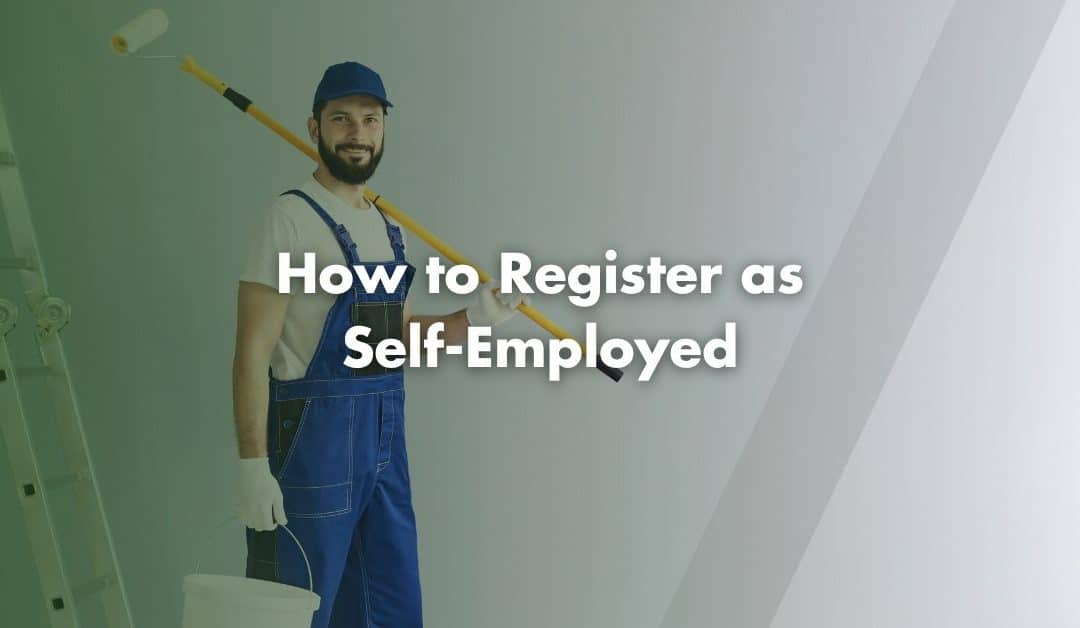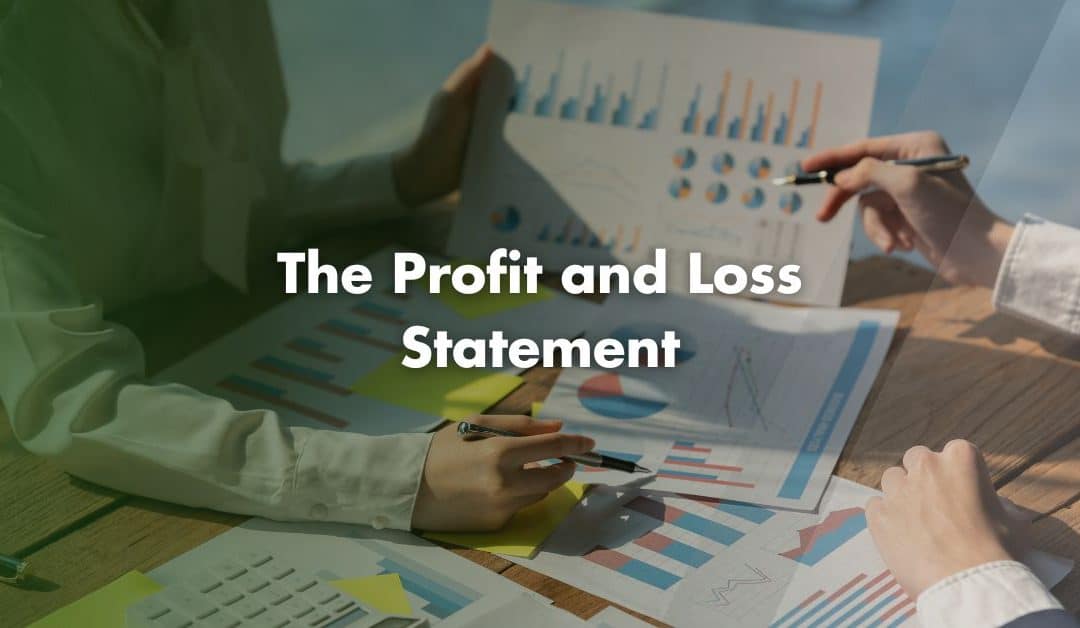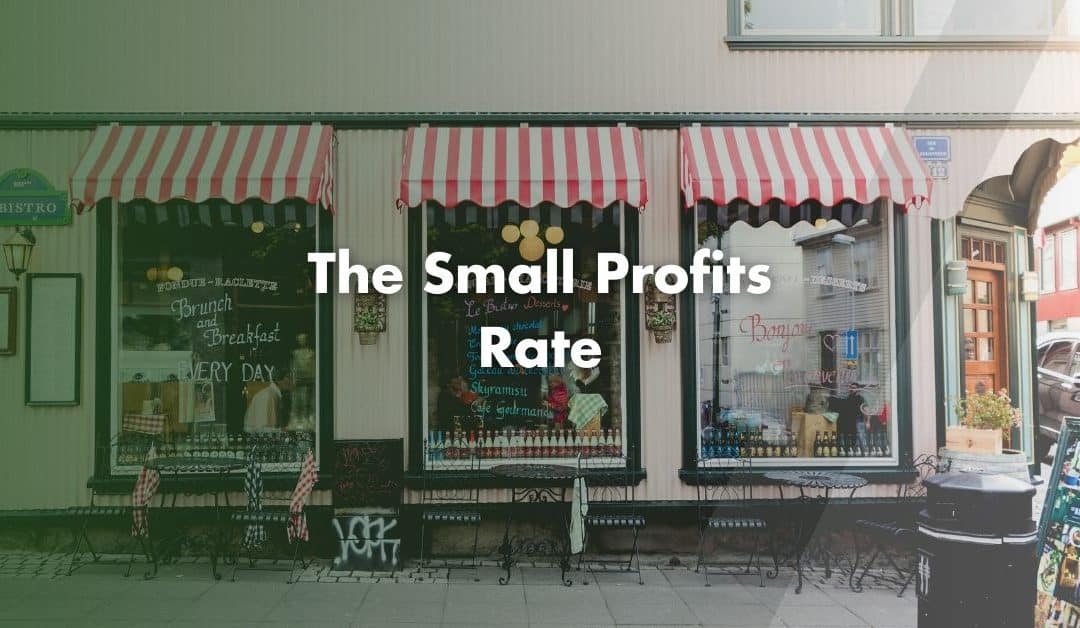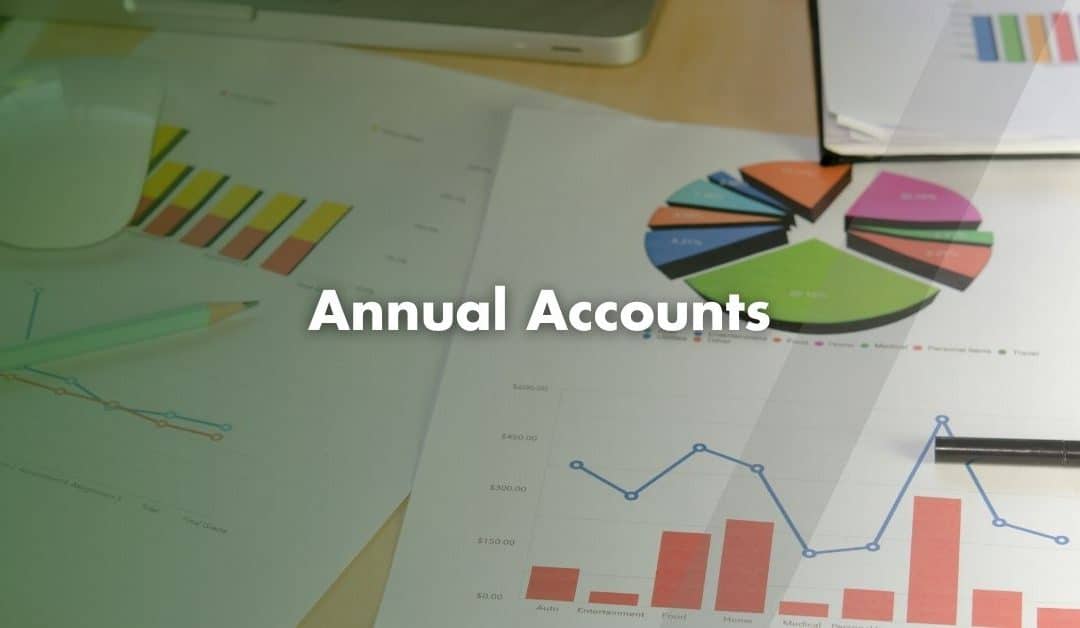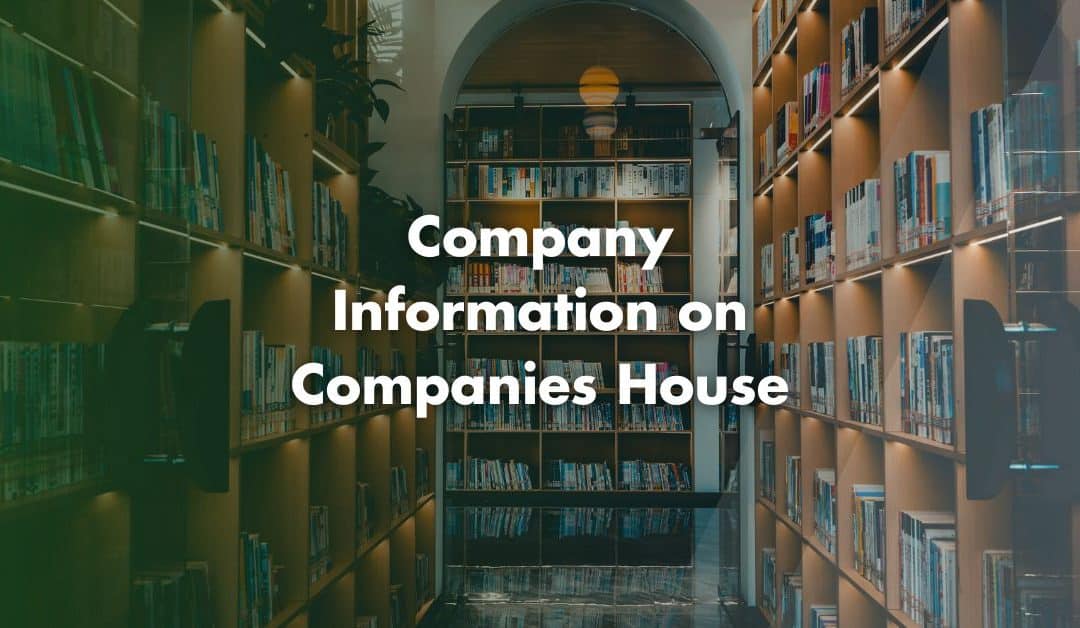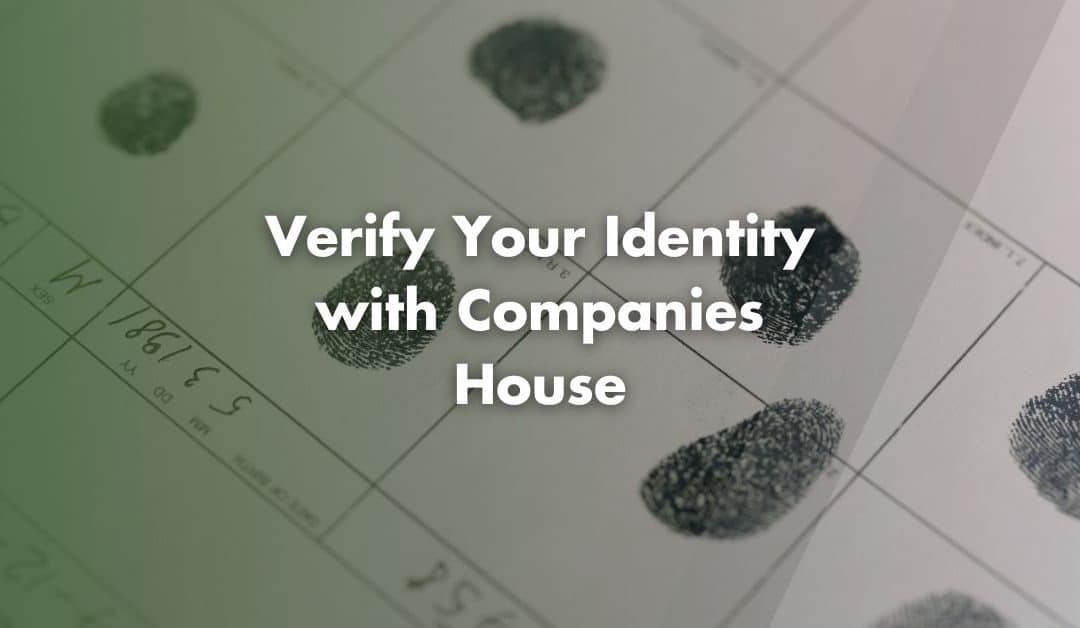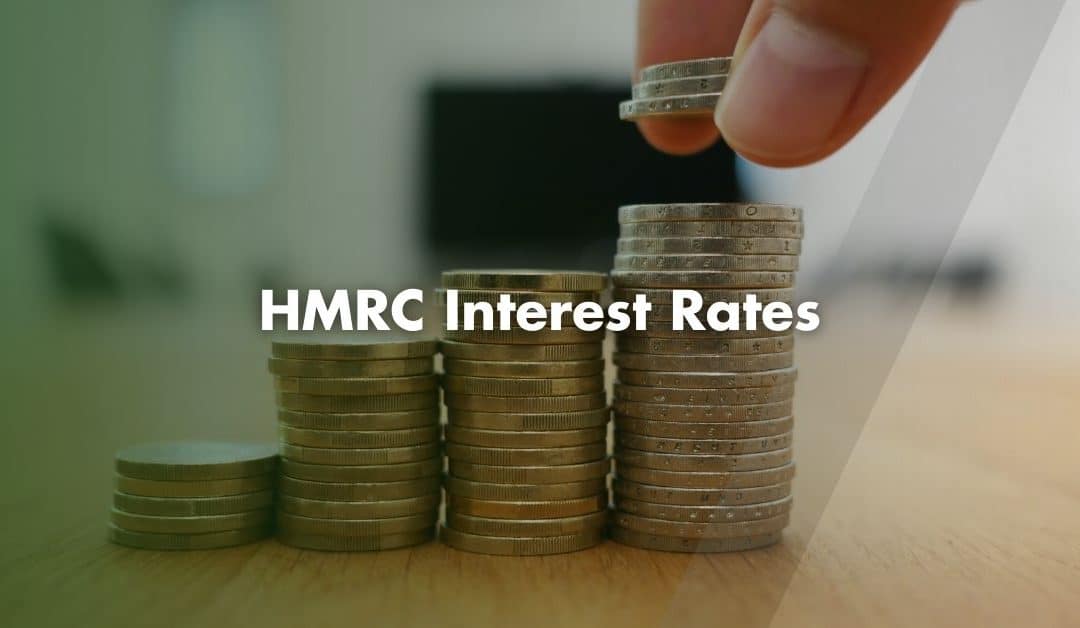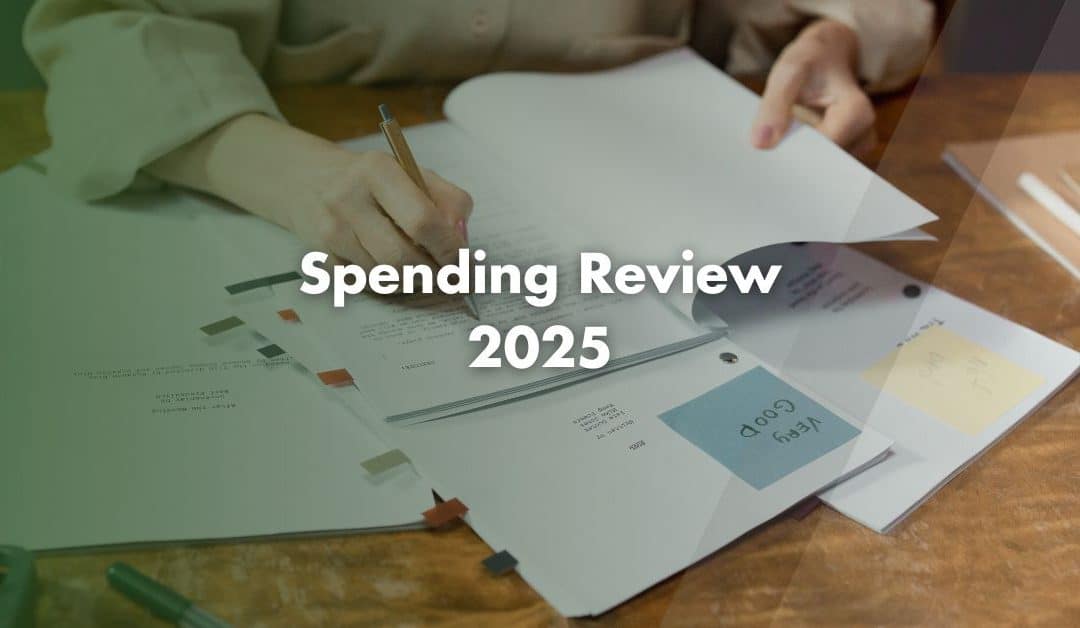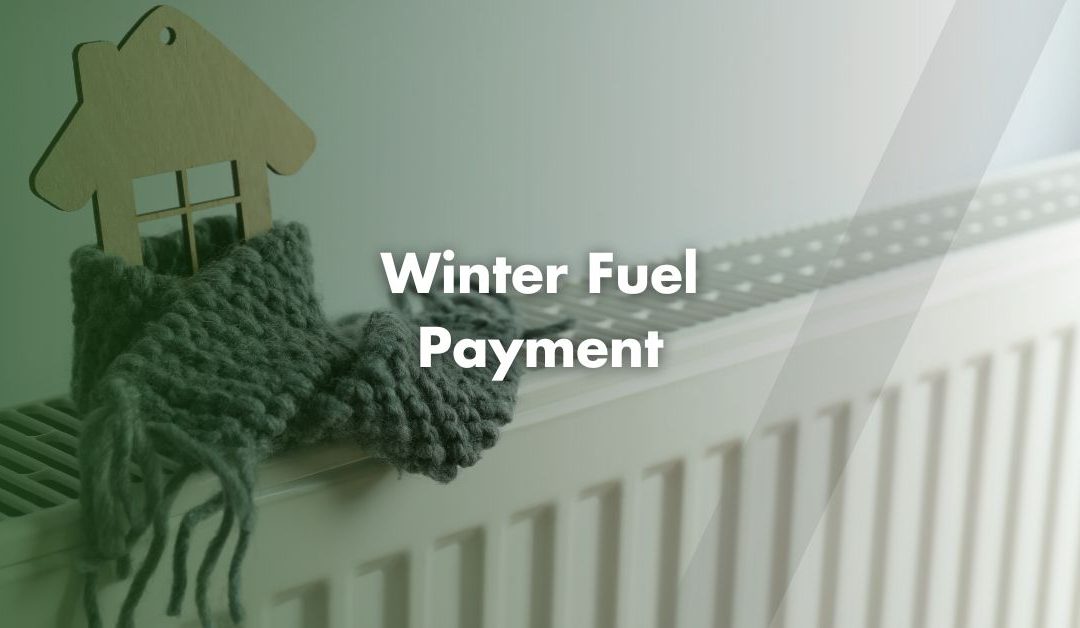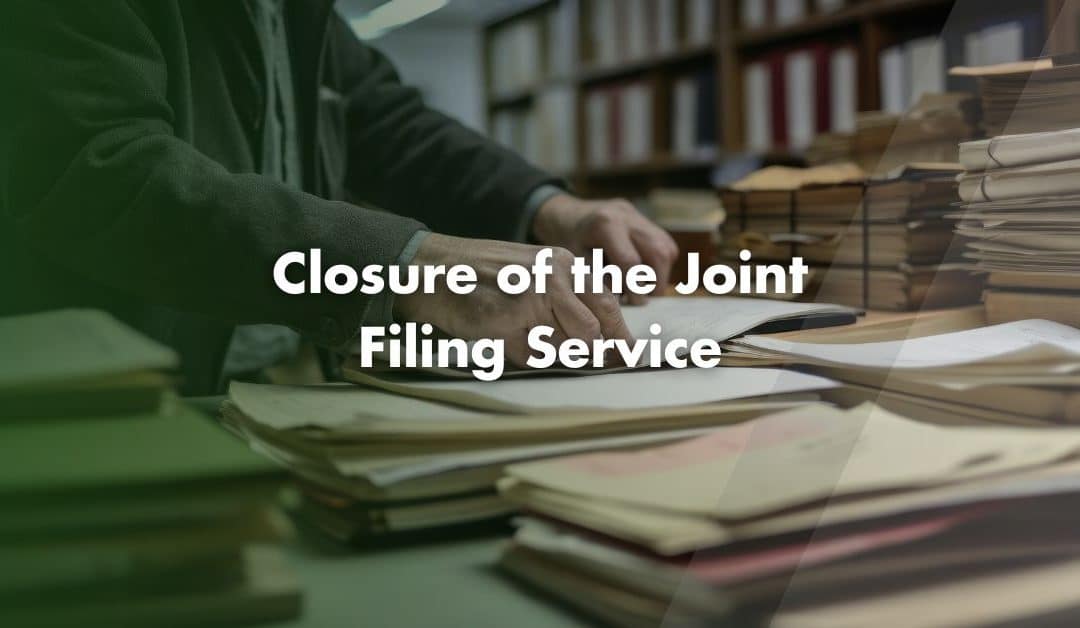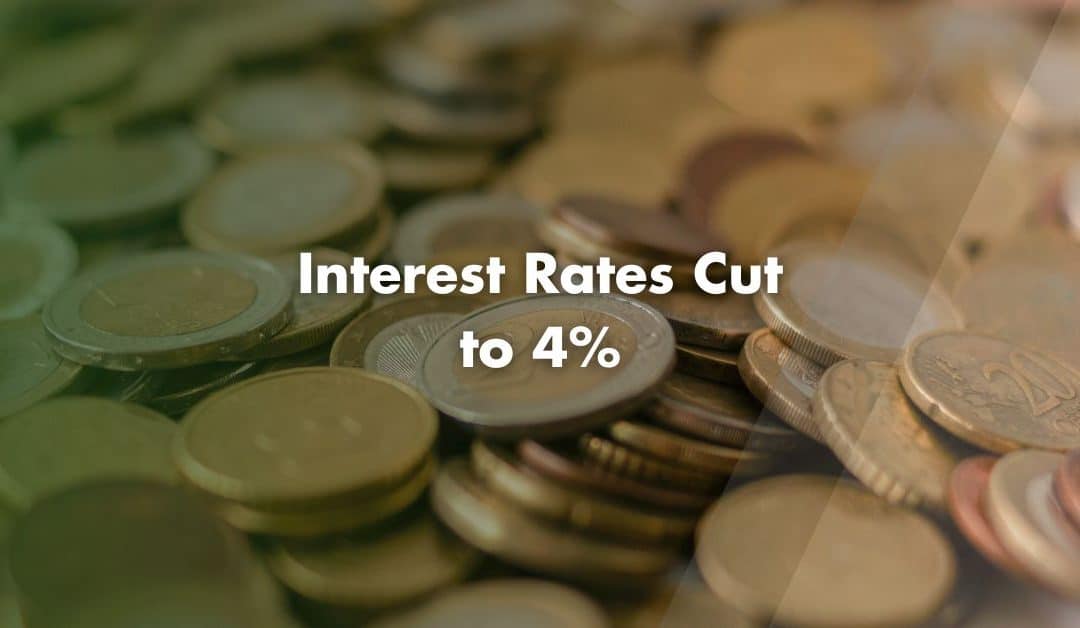
by Pi Accountancy | Aug 7, 2025 | General
The Bank of England has cut interest rates to 4%, marking the lowest level in over two years. Announced today, 7th August 2025, this is the fifth consecutive rate cut since August 2024. The Bank aims to inject momentum into a struggling economy while keeping...

by Pi Accountancy | Aug 6, 2025 | Business, Companies House
If you have ever registered a company in the UK, you have likely come into contact with “SIC Codes”. But what actually are they and why do they matter to your business? What is a SIC Code? SIC Code stands for “Standard Industrial Classification...

by Pi Accountancy | Aug 5, 2025 | Companies House
If you run a limited company in the UK, many of your legal obligations rely on one small but powerful tool: The Companies House Authentication Code. This unique code acts as your digital signature and grants you secure access to update your company’s information...

by Pi Accountancy | Jul 31, 2025 | Self-Employed
With no employer to support you and no access to Statutory Sick Pay (SSP), many self-employed workers face real uncertainty. Fortunately, there are alternative benefits and insurance options that can offer support during periods of illness. Why the Self-Employed...

by Pi Accountancy | Jul 30, 2025 | Self-Employed
Your business exclusively incurs self-employed expenses. You deduct these expenses from your income to calculate your taxable profit. Expenses must be “Wholly and Exclusively” for your business. You cannot claim personal expenses, such as personal shopping...

by Pi Accountancy | Jul 29, 2025 | Advisory and Resources, HMRC, Self-Employed
Whether you are launching a freelance career or building a full-time business, the first step is to register as Self-Employed with HMRC. This makes sure you declare your income properly and that you meet all legal obligations. What Does It Mean to Be Self Employed?...

by Pi Accountancy | Jul 22, 2025 | Frequently Asked Questions, Taxes
Incorporation Relief is a valuable tax break that allows business owners to delay paying Capital Gains Tax when they transfer their business into a limited company. Rather than facing an immediate tax bill on the capital gain made at the time of transfer, the tax...

by Pi Accountancy | Jul 17, 2025 | Advisory and Resources
If your business owns equipment, vehicles or other valuable items that last more than a year, understanding Depreciation will help you in the long run. What is Depreciation? Depreciation is the reduction in value of a business asset over time. This loss in value...

by Pi Accountancy | Jul 16, 2025 | Advisory and Resources, Business
Cost of Goods Sold, also known as Cost of Sales and abbreviated to COGS, refers to the direct costs involved in producing goods or services sold by a business. What is Cost of Goods Sold? Cost of Goods Sold represents the expenses directly tied to producing a product...

by Pi Accountancy | Jul 15, 2025 | Advisory and Resources, Business
Every business, regardless of size, needs to track its performance. One of the most effective ways to do this is with the Profit and Loss Statement (P&L), also known as an Income Statement. This document provides a summary of a business’s income and expenses...

by Pi Accountancy | Jul 10, 2025 | Corporation Tax
In April 2023, the UK Government introduced a tiered system for Corporation Tax, making it more flexible and supportive for businesses at different stages of growth. This also brought the reintroduction of the Small Profits Rate, which reduces the tax rate...

by Pi Accountancy | Jul 9, 2025 | HMRC, Self Assessment, Taxes
If you are self-employed or submit a Self Assessment tax return, you should be familiar with Payments on Account. These advance payments help spread the cost of your tax bill across the year, preventing one large lump sum. The Second Payment on Account is fast...

by Pi Accountancy | Jul 8, 2025 | Companies House, HMRC, Regulations and Schemes
Every limited company in the UK must file Annual Accounts. These accounts, often referred to as Statutory Accounts, provide a detailed and transparent view of your company’s financial position over the past year. Filing these accounts is a legal obligation. What...

by Pi Accountancy | Jun 26, 2025 | Companies House
Companies House is the UK’s official register of companies. If you run a limited company in the UK, you must provide specific information that becomes publicly available. This requirement supports a wider framework of corporate openness. Why Must Company...

by Pi Accountancy | Jun 25, 2025 | Business
Common Control transactions are becoming increasingly common as companies adapt to global economic shifts and changing regulations. What is Common Control? Common Control occurs when one person, or a group acting together, controls two or more businesses. This control...

by Pi Accountancy | Jun 24, 2025 | Business
Running a company in the UK means understanding and complying with various legal obligations. One of the most important requirements is identifying your People with Significant Control (PSCs). What are People with Significant Control? A Person with Significant Control...

by Pi Accountancy | Jun 18, 2025 | Companies House
To increase transparency and reduce fraud, Companies House now requires you to verify your identity if you manage or own a UK-registered company. This is part of the Economic Crime and Corporate Transparency Act 2023 and therefore represents a shift in how companies...

by Pi Accountancy | Jun 17, 2025 | HMRC
HMRC Interest Rates are a major consideration for business owners. These rates, now firmly tied to the Bank of England Base Rate, bring sharper consequences for late payments and a clearer reward system for overpayments. How HMRC Sets Interest Rates Legislation...

by Pi Accountancy | Jun 12, 2025 | Advisory and Resources
On 11th June, Chancellor Rachel Reeves delivered her 2025 Spending Review, setting the direction for the UK’s public spending over the next several years. While it may not have the drama of a Budget, the decisions will still influence your income, local services...

by Pi Accountancy | Jun 11, 2025 | Business
From April 2023, the rules around Corporation Tax in the UK changed. One of the biggest changes was the return of tax bands based on profit levels. However, if your company has associated companies, those profit thresholds reduce. As a result, more businesses may find...

by Pi Accountancy | Jun 10, 2025 | Advisory and Resources
As energy bills continue to rise and colder months approach, the restoration of the Winter Fuel Payment for more pensioners in 2025 offers a welcome source of relief. What is the Winter Fuel Payment? The Winter Fuel Payment is an annual tax-free payment from the UK...

by Pi Accountancy | Jun 9, 2025 | Companies House, HMRC
From 31st March 2026, the Joint Filing Service provided by HMRC and Companies House will permanently close. This long-standing and free service has allowed small companies to submit both their Annual Accounts and Company Tax Return in one convenient step. However,...

by Pi Accountancy | Jun 6, 2025 | HMRC
HMRC has reported a loss of £47m due to a large-scale phishing scam which targeted the UK tax system in 2024. Organised crime gangs carried out this fraud by exploiting stolen personal information to create new tax accounts or by hijacking existing ones. Using these...

by Pi Accountancy | Jun 5, 2025 | Business
Every business relies on equipment, tools or property to some degree. Some of these assets are short-term expenses, while others serve a long-term purpose. These long term assets, known as Capital Assets, help with business growth and financial planning. What are...


